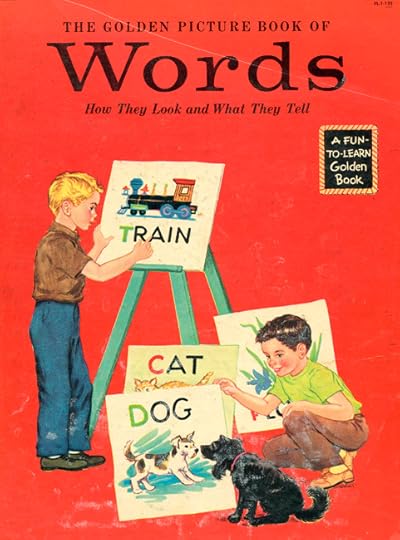Wonder-Words: Catch Them Before They’re Gone
Is there anything worse than being flattened by sickness in summer? An eighteen-wheeler virus Jake-braked through our house and left both me and my husband in the ditch. During conscious moments, feet snugged under a hubcap of a cat, I read the latest issue of Orion. The magazine subtitled Nature, Culture, Place invites the finest writers and I was delighted to see a piece by Robert MacFarlane.
MacFarlane, British nature writer and national treasure (like our Wendell Berry), mentioned he has been collecting words from old places used by crofters, farmers, colliers, shepherds, poets, walkers, and “unrecorded others for whom particularized ways of describing place have been vital to everyday practice and perception.” Wonder-words, MacFarlane calls them, like pirr, from the Shetland Islands, which means “a light breath of wind, such as will make a cat’s paw on water.”
He began collecting these near-forgotten words back in 2007, about the time he glimpsed the new edition of the Oxford Junior Dictionary. Words were conspicuously missing—acorn, beech, bluebell, buttercup, cygnet, dandelion, fern, hazel, heather, heron, ivy, kingfisher, mistletoe, otter, pasture and willow, among others.
Nature words had been yanked like rotten teeth and replaced with shiny modern terms like attachment, block-graph, blog, broadband, celebrity, chatroom, committee, cut-and-paste, MP3 player, and voice-mail. You’ll find Blackberry instead of blackberry. The Oxford University Press admitted it had been under pressure to purge entries no longer relevant to techno-savvy children.
What will kids call those yellow flowers that sprinkle spring lawns like gold coins? And those large blue-gray birds that stalk frogs in shallow creeks? And what will they rake in the fall along with oak leaves . . . No, wait, they don’t rake any more, they’re indoors tweeting celebrities. They don’t even need a dictionary any more, there’s spell-check.
In fourth grade, I received my very own Thorndike-Barnhart Junior Dictionary. It cost $2.50 and I remember the exact moment Mrs. Stann placed my copy on my desk. The cover was red cloth with gold lettering. Black labeled indents made navigating the thick book easier. I opened it immediately, eager to meet all the words in the world, and carried my Thorndike-Barnhart with me every day. I read it like a novel.
Four years before, when we moved to our new house in the country, I was afraid of everything. I was afraid of our long gravel driveway to the highway. I was afraid of the trees, the woods that drew close like giants.
My stepfather let me tag after him as he did his chores. He answered my hesitant questions and taught me the names of things. Not just an oak tree but specifically black, red, white, pin, or chestnut. After a while I could identify pin oaks and chestnut oaks by their bark, leaves, and acorns. By learning their names, I realized that trees weren’t scary but had their place in the world. I became less afraid and began to take root in my new place, entwined with its spirit through language.
The new words in dictionaries are mostly retreads, truncated terms, or composites: “twitter,” “app,” and “Instagram.” We aren’t richer for them, especially if we’ve lost “acorn.” As MacFarlane’s article states, “If acorn goes from the lexicon, the game is up for nature in England.” I suspect the game is up for nature—and language—everywhere. Now we have smarter-sounding terms for nature, like environment and ecology.
In their sterile Common Core writing samples, students will likely define environment as “the surroundings in which a plant or animal operates.” Can we picture such a thing? We can picture an acorn. Emerson, one of America’s greatest nature writers, was a stickler about “fastening words to visible things,” just as my stepfather was a stickler about the exact species of oak.
As Robert MacFarlane traveled the far corners of the British Isles, he collected linguistic gems as ammil, a Devon word for the “thin film of ice that lacquers leaves, twigs and grass when a freeze follows a partial thaw, and that in sunlight can cause a whole landscape to glitter.” One exquisite word to describe a fleeting spectacle.
MacFarlane’s new book, Landmarks, about the reclamation of place-based language, will be published in the U.S. in September. I can’t wait to get a copy. I want to know more about Aunt Julia who was so rooted in her native Harris Island that she “came to think with and speak in its birds and climate.”
And I can’t wait to learn more wonder-words such as smeuse, “the gap in the base of the hedge made by the regular passage of a small animal.” As a kid I used to follow those little woods trails, trying to blend in with the brambles and bushes so the animals would think I belonged.
Now that I’m better (finally!), I’m taking a sharp look around, my feet planted firmly on the ground, careful to pin the right words on the wonders I see.




